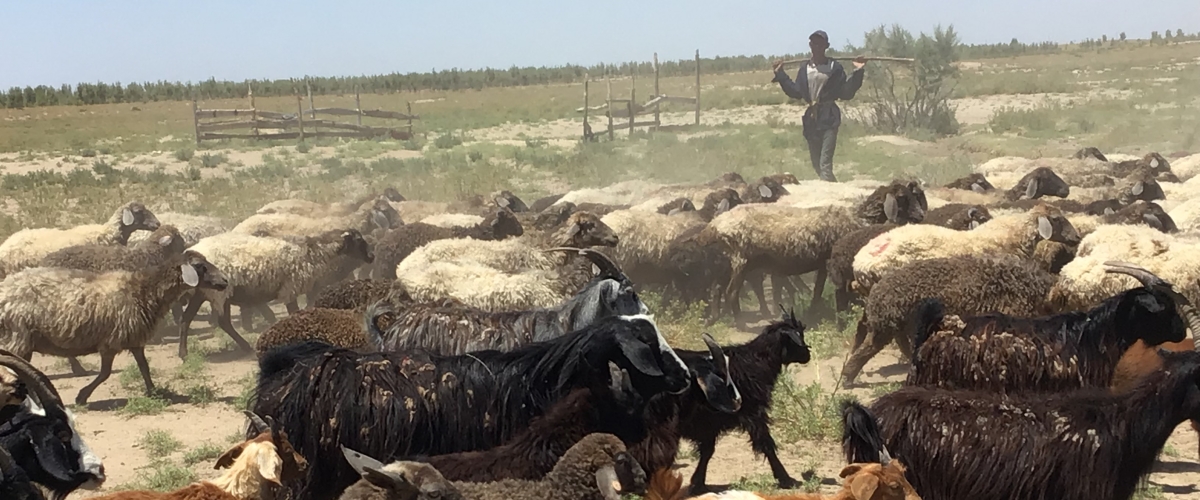
By Lorato Kgakatsi
The skills and knowledge of farm employees are frequently overlooked when considering a venture into any agribusiness. However, studies have revealed that agricultural employees play a vital role in agribusiness success. Primarily because the employee in question oversees most of the management functions. Most farm workers in SADC countries are unskilled labourers motivated by a desire to earn a living but lacking the necessary skills or passion for the profession.
Mr. Patrick Galekgathege Moses, a Small Stock officer in the Ministry of Agriculture, has asserted that the majority of small stock projects are failing because of poor management. He added that farm employees may be contributing to failures because they lack the necessary knowledge and skills needed to carry out management procedures. The skills could include vaccination, feed rationing, and biosecurity precautions.
According to Galekgathege, the current reduction in small stock numbers can be attributed to improper management. He cautioned farmers to guard against the proliferation of pests and diseases, drought, and wildfires that pose a risk to food security; therefore, farmers must make good decisions that will lead to sustainable food production.
“Sometimes farmers are to blame for the low quality of farm workers because they themselves do not know the tasks and responsibilities to be performed by farm employees,” he said.
He went on to say that farmers are willing to invest significant sums of money by procuring expensive breeding bucks and rams but drastically neglect workers but expect success. In most cases, farm labourers are paid with food, which is a violation of labour laws. He believes this could lead to farm workers' neglecting their duties in the absence of an owner or employer.
He observed that unsupervised farm workers put little to no effort into animal care because they spend most of their working hours consuming alcohol. Absenteeism and lack of proper organisation in livestock farms is a challenge and it is difficult for farmers to report disease incidences on time and to adhere to vaccine administration schedules supplied by extension staff.
“To address these problems, the hiring of farm workers necessitates the execution of a legal contract outlining the terms of employment. The Department of Labour is available country-wide to clarify terms of employment for herders such as fixed wages and welfare issues. In this way, both parties' expectations will be clear, and the employees can be held accountable,” Emphasised Mr Galekgathege.
Galekgathege further recommended that farmers take advantage of basic farmer training courses provided by district extension staff to obtain the necessary knowledge and skills.
“These trainings are designed in such a way that they suit the level of education that the agricultural workers have, making it simple for them to absorb and understand,” he hinted.
Mr. Patrick Galekgathege Moses encourages farmers to be more hands-on in their enterprises and not delegate all agricultural chores to workers.
The author is the CCARDESA ICKM Focal Point person for Botswana and the Public Relations officer in the Ministry of Agriculture.





